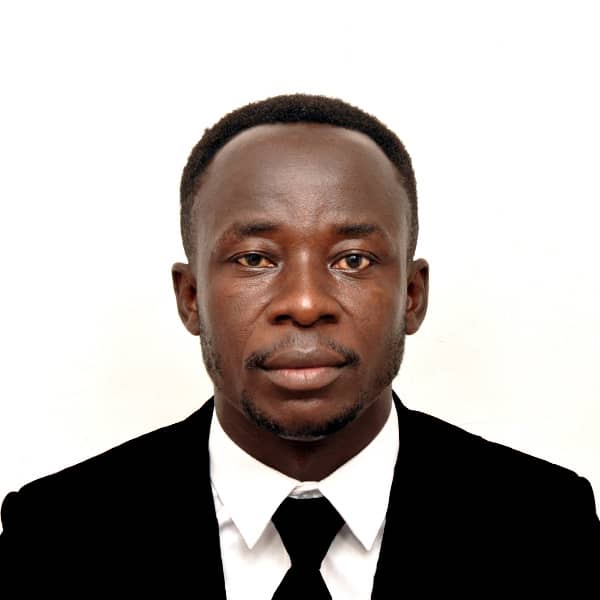THE ROLE OF KINGMAKERS VIS A VIS ENSTOOLMENT/DESTOOLMENT PROCESS OF CHIEFS IN GHANA.
By Richard Appiah Kubi* THE HISTORY BEHIND THE NAME KINGMAKER The word Kingmaker appears to be misnomer and some people argue that it should be Chiefmaker since their functions pertain to chiefs: to me it remains in our vocabulary as a reminder of the pristine dignity of our natural rulers as Kings. The Europeans met […]
THE ROLE OF KINGMAKERS VIS A VIS ENSTOOLMENT/DESTOOLMENT PROCESS OF CHIEFS IN GHANA. Read More »

